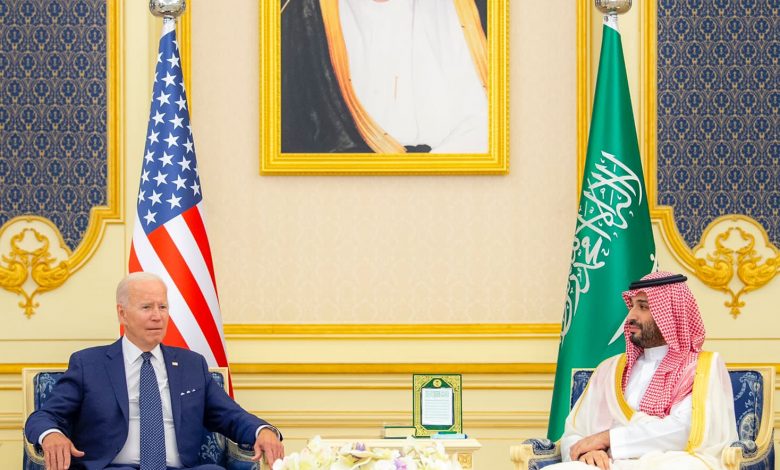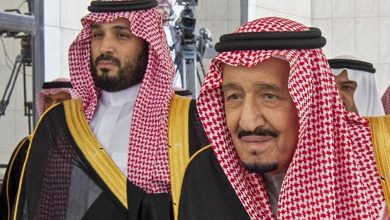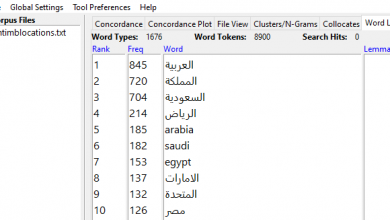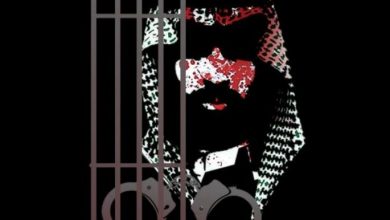Human Rights Watch refuses to whitewash Mohammed bin Salman

Human Rights Watch stressed the refusal to whitewash Crown Prince Mohammed bin Salman following US President Joe Biden’s recent visit to the Kingdom.
Adam Coogle, deputy director of the Middle East and North Africa department at the organization, said that Biden pledged to “ostracize” Saudi Arabia during his election campaign because of its widespread human rights violations. But two years later, he greets the de facto ruler of Saudi Arabia with his fist.
Coogle stated that with President Biden publicly abandoning his promise to hold Saudi Arabia accountable, it was no longer surprising that many viewed the Jeddah meeting as a victory for Mohammed bin Salman.
“Biden’s new stance comes at a cost to the moral authority of the US. It is also a devastating blow for independent Saudi dissidents and activists demanding a meaningful say in their country’s future.”
Coogle noted that since MBS became the de facto ruler of the Saudi Arabia in 2017, citizens have experienced the worst period of repression in their modern history. Authorities have conducted waves of arrests targeting political dissidents, public intellectuals, and human rights activists.
Practices include holding people at unofficial detention sites where detainees are subjected to torture and mistreatment, prolonged arbitrary detention, asset confiscation without any clear legal process, the use of digital surveillance technology to target peaceful dissidents, and extraterritorial repression – notably the murder of Washington Post columnist Jamal Khashoggi. All without meaningful accountability.
While Saudi Arabia has a poor track record on free expression, MBS’s reign has eliminated any space for criticism, online or otherwise. Saudi Arabia’s record makes clear that only full-throated praise of the ruler is allowed. Social and women’s rights reforms have been tarnished by the repression. Citizens play no role in the reforms process, instead waiting to see what is decided for them without any possibility of feedback or criticism.
Saudi’s human rights activists were hopeful the Biden era could provide a check on Saudi repression, and the early returns seemed promising. In 2020, Saudi authorities released arbitrarily detained women’s rights activists, including Loujain al-Hathloul, and US citizens, in what was seen as an overture to Biden.
Biden’s decision not to sanction MBS in 2021 alongside dozens of other Saudi officials over human rights abuses undermined his leverage, and some observers believe his visit has helped to rehabilitate the Saudi ruler’s international image.
Human rights activists and organizations expect repression to ramp up again in the coming months. What should Biden do now? What he should have done before the trip – demand that Saudi Arabia release dozens of activists from detention and remove travel bans imposed on others.





